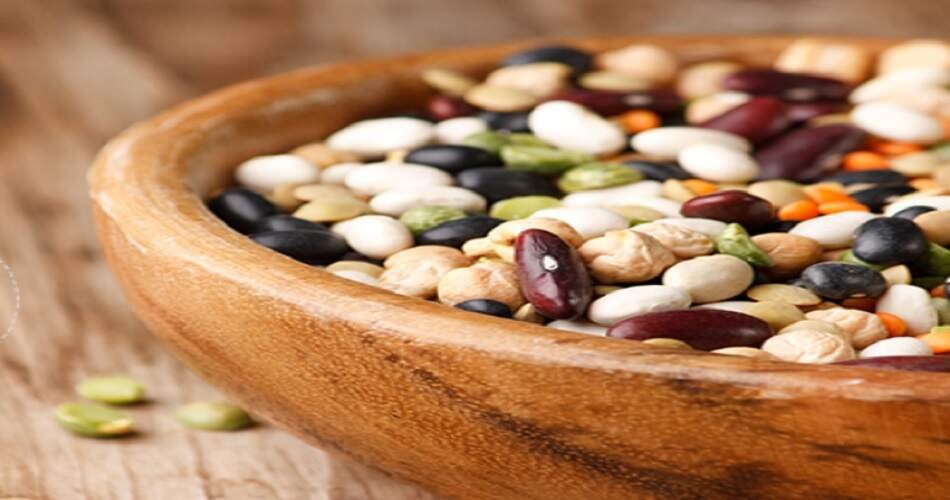Budget 2024 – government to achieve self-sufficiency in pulses and oilseeds
The Union Budget, presented on Tuesday, mentioned the government’s intention to drive self-sufficiency in pulses production. “To achieve self-sufficiency in pulses and oilseeds, we will strengthen their production, storage, and marketing,” Finance Minister Nirmala Sitharaman stated during her budget speech.
Though India is the largest producer of pulses, it is also the largest importer and consumer of pulses, which provide a significant source of protein to a large portion of the population. India’s pulse imports nearly doubled to $3.74 billion in the fiscal year 2023-24, driven by a drop in domestic output due to erratic weather conditions in key producing regions.
Also Read | Amit Shah launches Tur dal procurement portal & sets 2027 as self-sufficient in pulses
Need quality seeds
Bimal Kothari, Chairman of the India Pulses Grains Association, welcomed the budget announcements and stated that the mission’s focus should be on increasing productivity and production to achieve self-reliance. “We need to do more research to improve seed quality so that we can increase production. Our yields are low, and we need better, higher-yielding seeds. If yields increase, farmers’ incomes rise. To address the challenges of small farms, we need a long-term policy that allows for the development of a cluster based on mechanised farming,” Kothari said.
The government recently announced an increase in the minimum support price for kharif crops, including pulses. Agriculture Minister Shivraj Singh Chauhan stated last month that the Centre is committed to procuring tur, urad, and masur at MSP in order to diversify crops and achieve pulse production self-sufficiency.
Survey’s pitch
The Economic Survey released on Monday also advocated for increasing pulse production through area expansion. “India faces a persistent pulse deficit, resulting in price pressures. Pulse production is concentrated in a few states and districts across the country, making it vulnerable to both biotic and abiotic stresses. More efforts are required to expand the cultivation of pulses, particularly lentils, tur, and urad, in more districts and rice-fallow areas. It is also worthwhile to promote summer cultivation of urad and moong in areas with reliable irrigation.”
Also Read | Karnataka farmers planning for more cotton, pulses, oilseeds in Kharif 2022 sowing
The Survey also stated that it is time to promote ‘crop-neutral incentive structures.’ That would imply that pulses, oilseeds, and millets that use less power, water, and fertilizer should be rewarded with equivalent subsidies built into rice production.
Furthermore, the Survey stated that there is a pressing need to transition from basic food security to nutritional security. “We require more pulses, millet, fruits and vegetables, milk, and meat for this. Importantly, their demand is outpacing that of basic staples. As a result, farm sector policies should be more aligned with a ‘demand-driven food system’ that is more nutritious and in tune with nature’s resource endowments,” the report stated.


















Add Comment